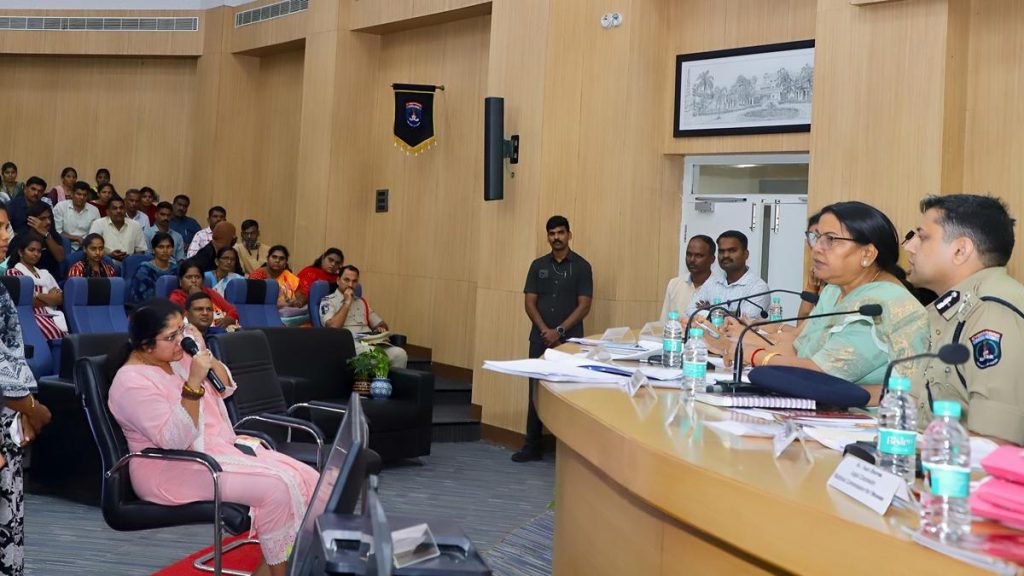Now Reading: Pilot Unions, Regulator at Odds Over Fatigue Concerns
-
01
Pilot Unions, Regulator at Odds Over Fatigue Concerns
Pilot Unions, Regulator at Odds Over Fatigue Concerns

Fast Summary
- Pilot unions have rejected a proposal by India’s aviation regulator, DGCA, to introduce a new airline-controlled Fatigue Risk Management System (FRMS) framework for managing crew fatigue.
- The unions argue that the FRMS undermines duty hours mandated earlier this year by the Delhi High Court and is “dangerously premature” due to India’s limited safety oversight capabilities.
- The Federation of Indian Pilots (FIP) claims such frameworks shoudl be implemented via Civil Aviation Requirement (CAR), ensuring legislative transparency rather than through subordinate instruments like Operations Circulars.
- The Delhi High Court had mandated increased weekly rest for pilots from 36 to 48 hours starting July 1, and curtailment of night flying beginning November 1, but compliance with these norms remains incomplete.
- Concerns raised include the potential manipulation of statistical models in FRMS tools by airlines and insufficient training/resources for inspectors as required by ICAO for effective oversight.
- Pilot unions demand involvement in airline-level Fatigue Safety Action Groups (FSAGs) and all DGCA fatigue oversight committees for independent monitoring.
Indian Opinion Analysis
The ongoing dispute between pilot unions and DGCA highlights critical concerns about aviation safety governance in India. Introducing an airline-specific FRMS system without a robust regulatory structure raises doubts about enforcement effectiveness. Stakeholders are worried that data-driven systems could be manipulated, compromising transparency and pilot welfare.
India’s aviation sector is experiencing rapid growth but has yet to address structural inefficiencies like inspector training or resource allocation as highlighted internationally. Ensuring proper implementation of court-mandated duty hour limits must take precedence over new frameworks that risk diluting existing regulations. Collaborative solutions involving all stakeholders can help balance operational versatility with uncompromised safety standards.
Read more: Link
























